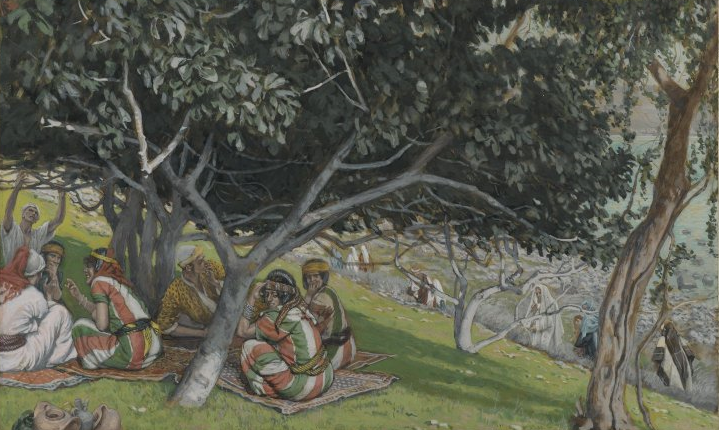While studying the account of Moses and the Burning Bush in her religious education textbook, my daughter got a little bit irritated with God. She felt he was being intentionally difficult when it came to naming himself. “Why not just give a name? What’s with ‘I am who I am’?” (Ex. 3:14)
It’s a fair enough question. I didn’t say much in response, but I did point out it would be a little disappointing if God said, “Hello, my name is Bob.” Bob is a great name – but it isn’t the least bit mysterious.
Sometimes it may seem like God is being difficult on purpose. But he’s probably just being himself. He’s being mysterious. He’s being “I am.” I experience this Difficult Mystery when I teach Scripture. Sometimes I feel like I’m entering a world where I don’t belong. I start to understand it, and then I suddenly stop. I come close to something and then it unravels into a hundred other things. Why is it this way? And how can I take other people to a place that is so far beyond me?
But that’s just the privilege of knowing God. How boring would it be to have a God who can only take us places we’ve already been, or tell us things we already know? No, I prefer a God whose name I don’t understand, whose Book changes every time I pick it up, whose ways are not my ways, who takes me places I’ve never been and who tells me things I never knew.
Why does God have to be so mysterious? Because he is!


